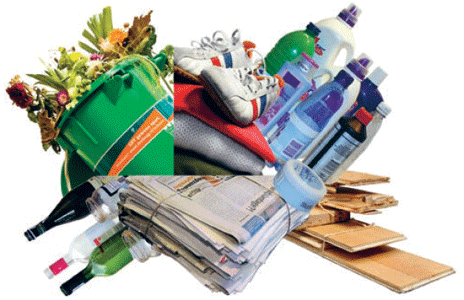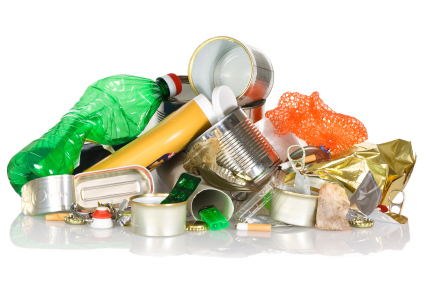
Effective September 1, Malaysian households, namely in Kuala Lumpur, Putrajaya, Pahang, Johor, Malacca, Negeri Sembilan, Perlis and Kedah, were urged to separate their solid household waste before disposing of them, according to the Solid Waste and Public Cleansing Management Act 2007 (Act 672).
Now, recyclable and non-recyclable waste will have to be separated before being collected by a solid waste management concessionaire, according to a fixed waste disposal schedule in your respective housing area. Flouting the rule would result in being slapped with warnings, and a maximum compound of RM1,000, which will be imposed on errant households by June 2016.
Even though this new approach to waste management is being implemented in stages, there has been little information about the Act. Some are still unaware, and although pamphlets have been segregated amongst certain households, many are still confused and unprepared.

According to a pamphlet by the National Solid Waste Department (JPSPN) and Solid Waste Management and Public Cleanliness Corporation (SWCorp), here’s how you should separate your solid household waste:
Residual waste or non-recyclable waste (to be disposed of IN garbage bin)
1. Food waste
2. Diapers, menstrual products, used tissues
Recyclable waste (to be disposed of BESIDE garbage bin and in transparent/light coloured trash bags)
1. Paper – Cardboard, newspaper, magazines, boxes, drink cartons, bills and receipts, paper
2. Plastic – Shampoo bottles, drink bottles, polystyrene containers, food containers, plastic bags, laundry detergent, pails
3. Aluminium/metals – Tin cans, kitchenware, cutlery
4. Glass/ceramics – Sauce bottles, ceramic vases, beer bottles, jam jars
5. Clothes and shoes – Rubber, leather, fabrics, gloves
6. Electronics or small battery operated items – Light bulbs, clothes iron, phones, battery
7. Hazardous waste – Mosquito repellants, bleach, rat poison, paint cans
8. Furniture – Sofa, cupboards, beds, refrigerators
9. Plant waste – Leaves, twigs, flowers, soil
The collection of non-recyclable or residual waste will be done twice a week, whereas the collection of recyclable waste will be done once a week. Depending on your housing area, there will be designated disposal days assigned. To find out the designated disposal days for your housing area, check HERE.









